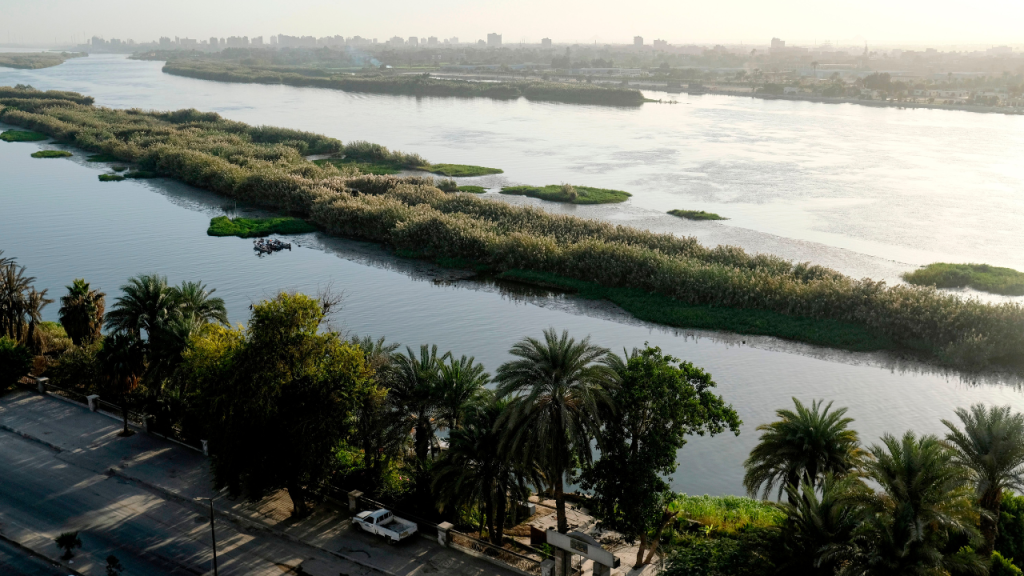Six people died on Tuesday when a vehicle carrying approximately 24 passengers slipped off a ferry and fell into the Nile River near Cairo in Monshat el-Kanater town in Giza province. Nine other passengers were injured, with six receiving treatment on-site and three transferred to hospitals. The Health Ministry confirmed that six Egyptian women were among the casualties. Giza is part of Greater Cairo, and rescue efforts were ongoing as the cause of the accident remained unclear.
The incident is just one of many ferry, railway, and road accidents that occur in Egypt due to poor maintenance and lack of regulations. In February, a ferry carrying day laborers sank in the Nile in Giza, resulting in the deaths of at least 10 out of 15 people on board. The state-owned Akhbar daily reported that the vehicle involved in the recent accident was carrying mostly women heading to work when it slid off the ferry. Giza provincial Gov. Ahmed Rashed stated that the microbus had been recovered from the Nile, and continued rescue efforts were underway at the time of the statement.
The Health Ministry disclosed that six of the nine injured passengers in the ferry accident were treated at the scene, while the remaining three were taken to hospitals for further treatment. The ministry did not provide details on the extent of their injuries. The tragedy highlights the dangers faced by passengers and commuters due to inadequate safety measures and infrastructure in Egypt. Authorities face ongoing challenges in enforcing regulations and ensuring proper maintenance to prevent such accidents and fatalities from occurring.
The loss of life in the ferry accident near Cairo in Giza province has raised concerns about the state of transportation safety in Egypt and the urgent need for improved regulations and enforcement. The incident serves as a reminder of the risks faced by passengers and workers relying on public transportation in the country. Efforts to address these issues, such as enhancing maintenance standards, implementing stricter safety measures, and increasing oversight, must be prioritized to prevent similar tragedies in the future. As rescue operations continue and investigations into the cause of the accident proceed, the families of the victims and the community mourn the loss of life and call for accountability and action to prevent such incidents from happening.
With six fatalities and multiple injuries in the recent ferry accident near Cairo, the toll on human lives and the impact on families and communities is significant. The tragedy underscores the urgent need for comprehensive safety measures and regulations to protect passengers and commuters in Egypt. As authorities work to determine the cause of the accident and address the immediate aftermath, questions remain about the systemic issues contributing to such incidents. The government, transportation agencies, and relevant stakeholders must collaborate to ensure the safety and well-being of all individuals using public transportation and waterways in the country, and to prevent further loss of life due to preventable accidents. The tragic event serves as a call to action for improving transportation safety and infrastructure in Egypt.













